Content
Free Mental Health Assessment
Stress vs Depression: What's The Difference?

We’ve all got that friend, that coworker, that family member: the one casually self diagnosing mood disorders. A person who never quite has their life together can always seem chaotic, overwhelmed, and pointing to their mental health condition as a culprit. But are they really ill, or are they confused about the differences when it comes to things like stress vs. depression?
While we’re at it, how clear are you on the difference between stress, depression, anxiety, bipolar disorder and the bevvy of other common mental health terms we toss around.
There are real, medical definitions behind these words, and the details matter. Someone who seems constantly stressed may be depressed, or they may not. They may know they’re depressed or not. And depending on what they know, they may or may not have the right rules to address the problem.
If you’re in a similar position, wondering how to tell the difference between a laundry list of symptoms that something’s not right upstairs, there are some simple ways to tell the difference.
To better understand stress and depression, though, we actually need to start with what these two modern afflictions have in common.
Content
Before we dive into the similarities, let’s take a quick look at some stress and depression basics.
Stress is a hormonal response in your body — it causes alertness and activates your fight or flight response to help you survive. It’s basically survival mode for your brain, and it’s controlled in part by the regulation of the stress hormone cortisol.
Depression is much more complicated. While we still don’t understand what the direct “cause” of depression is. researchers are certain that it’s a mix of psychological, social and environmental factors.
That said, at least one of these factors involves brain chemistry. In the same way that hormones like cortisol affect your body’s stress response, neurotransmitters like serotonin and norepinephrine may affect your mood.
Additionally, both stress and depression can contribute to low moods, fatigue, difficulty concentrating, difficulty sleeping and, over time, both can reduce joy and immune function, and contribute to an overall negative filter for viewing the world around you.
Obvious chemical differences aside, these are two very different conditions.
Stress is typically more associated with anxiety and has a more direct relationship with anxious feelings and the symptoms of anxiety. It also affects your body in more well-known physical ways.
Related read: Stress Medication
Severe stress can lead to things like increased heart rate, headaches and clenched jaws, and can even, in some cases, be misdiagnosed as heart attacks.
Depression, meanwhile, is often characterized by a numbness or indifference at some point.
While you might feel anxious about your chances for success with stress, you’re indifferent to failure at the bottom of an anxiety spiral, and don’t necessarily feel in control of the outcomes of any given situation in the first place.
This is one of the many reasons that stress can lead to depression, however: given enough weeks, months or years of stress, and eventually, many people become too exhausted or fatigued by it and begin to lose optimism and their sense of control.
And then, seemingly suddenly, you’re in the throes of depression.
Can Stress Cause Depression?
Stress can absolutely contribute to depression, and it’s not a very challenging transition.
Stress is essentially a monkey wrench in your normal daily life. It can interrupt your coping strategies and replace them with less healthy ones. An example would be something like, you’re so stressed about work that you don’t make time for your daily trip to the gym.
Furthermore, stress and depression can sort of slingshot each other to extremes. Low mood can make stress worse, which in turn can contribute to lower mood. You feel sad that you’re not taking care of yourself, which stresses you out about your health — and the cycle continues.
Stress can also interrupt your relationships and lead to things like coping with alcohol and drugs, disrupting your daily routine, etc. It doesn’t sound too heavy, but it never does — until it is.
In short, it can screw up all the things that were working well and keeping you happy, making you frustrated, sad and overwhelmed.
Stress doesn’t always seem preventable, but there are ways to manage it in a healthy manner without causing yourself increased risk of depression.
You can prevent depression and limit the impact of stress by monitoring your coping mechanisms for unhealthy behaviors, make changes when the stress starts to impact your health and happiness and add ways to reduce stress like catching up with friends and other activities you enjoy.
Relationships with a spouse, family and other friends and loved ones are great resources not just for unwinding, but also for talking out the stress and other issues you may be struggling with.
Keeping it to yourself, burying it or pretending stress doesn’t exist doesn’t help.
What does help, however, is talking to a mental health professional when things start to seem untenable. Depression can be an overwhelming disorder and mental health condition, but fighting it with proper care can be comparably effective when you prioritize it.
Therapy, medication in the form of antidepressants and even diet and exercise changes can help you not just live longer, but live happier — and they can be great ways to combat depression, anxiety, bipolar disorder and many other forms of mental illness that you might encounter.
Don’t get overwhelmed by terms like selective serotonin reuptake inhibitor or cognitive behavioral therapy — talk to a healthcare professional about these questions instead.
Stress and Depression: Next Steps
When our stress levels rise, so too rises our risk of depressive disorder, anxiety disorders and other psychiatric disorders. If you're working, living or loving in stressful conditions or have been experiencing a litany of stressful life events, it could very well be affecting your quality of life.
If the effects of stress are leading to depressive symptoms in your life — if your stress had made you feel run down, tired and hopeless — it may be time to seek help.
If you're ready to do that now, our online therapy resources can connect you to someone who can help you determine if you have major depression, physical symptoms of depression or are just seeing the adverse effects of stress in your daily life. We also have other online mental health services such as psychiatry that can get you a consultation for depression medication online.
Getting help from a health care provider is easier than you think, but you have to take that first step. Stop stressing and get started today.
6 Sources
Hims & Hers has strict sourcing guidelines to ensure our content is accurate and current. We rely on peer-reviewed studies, academic research institutions, and medical associations. We strive to use primary sources and refrain from using tertiary references.
- Tips for coping with morning anxiety. WFU Online Counseling. (2021, January 15). https://counseling.online.wfu.edu/blog/morning-anxiety-tips/.
- U.S. Department of Health and Human Services. (n.d.). Depression. National Institute of Mental Health. Retrieved July 5, 2022, from https://www.nimh.nih.gov/health/topics/depression.
- Sussex Publishers. (n.d.). Why stress turns into depression. Psychology Today. Retrieved July 19, 2022, from https://www.psychologytoday.com/us/blog/in-practice/201303/why-stress-turns-depression.
- Chand SP, Arif H. Depression. [Updated 2022 May 8]. In: StatPearls [Internet]. Treasure Island (FL): StatPearls Publishing; 2022 Jan-. Available from: https://www.ncbi.nlm.nih.gov/books/NBK430847/.
- Stress: Signs, symptoms, management & prevention. Cleveland Clinic. (n.d.). Retrieved January 4, 2022, from https://my.clevelandclinic.org/health/articles/11874-stress.
- Stress | NCCIH. (n.d.). National Center for Complementary and Integrative Health. https://www.nccih.nih.gov/health/stress
This article is for informational purposes only and does not constitute medical advice. The information contained herein is not a substitute for and should never be relied upon for professional medical advice. Always talk to your doctor about the risks and benefits of any treatment. Learn more about our editorial standards here.
Kristin Hall, FNP
Education
BSN - University of Missouri, 1997
MSN - Saint Louis University, 1999
Training
Family Nurse Practitioner Internship - Saint Louis University, 1999
Medical Licenses
Registered Nurse, Missouri (Multi-State), 1997
Registered Nurse, Alaska, 2023
Registered Nurse, California, 2023
Registered Nurse, Connecticut, 2023
Registered Nurse, District of Columbia, 2023
Registered Nurse, Hawaii, 2023
Registered Nurse, Illinois, 2011
Registered Nurse, Massachusetts, 2023
Registered Nurse, Michigan, 2023
Registered Nurse, Minnesota, 2023
Registered Nurse, Nevada, 2023
Registered Nurse, New York, 2023
Registered Nurse, Oregon, 2023
Registered Nurse, Washington, 2022
APRN, Certified Nurse Practitioner, Missouri, 2000
APRN, Certified Nurse Practitioner, Illinois, 2011
APRN, Certified Nurse Practitioner, North Dakota, 2024
APRN, Certified Nurse Practitioner, Oregon, 2023
APRN, Certified Nurse Practitioner, Rhode Island, 2024
Board Certifications
Family Nurse Practitioner - American Nurses Credentialing Center, 2000
Other Certificates & Certifications
Lean Six Sigma, Green Belt Certification, 2015
Diabetic Mapping Certification Expert, 2012
BLS/CPR Certification, 2025
Affiliations & Memberships
Specialties & Areas of Focus
Family Practice Medicine, specializing in chronic disease management (diabetes, hypertension, obesity). Additional support and treatment of mental health diagnosis and men’s and women’s health.
Years of Experience:
25
Why I Practice Medicine
Caring for the whole person—understanding that true health extends beyond physical symptoms—has always been central to my work. As a nurse and family nurse practitioner, I’m passionate about empowering individuals to live their healthiest lives, physically, emotionally, and socially. Delivering compassionate, comprehensive care is not only my profession—it’s my purpose.
Hobbies & Interests
In my spare time, I enjoy staying active and connected to nature through skiing, hiking, and spending time outdoors. I’m also an avid St. Louis Cardinals baseball fan and find joy in reading, sewing, baking, and creative hobbies that keep me inspired outside of work.
LinkedIn:
Related Articles
Related Conditions
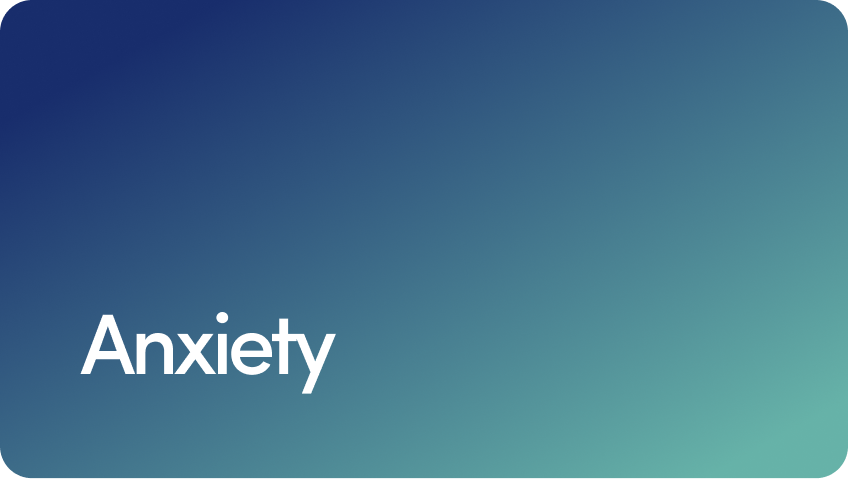 Anxiety
Anxiety
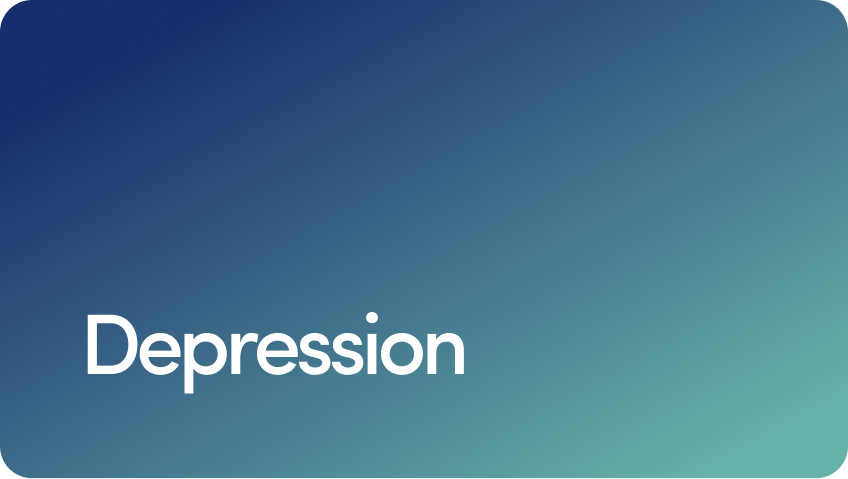 Depression
Depression
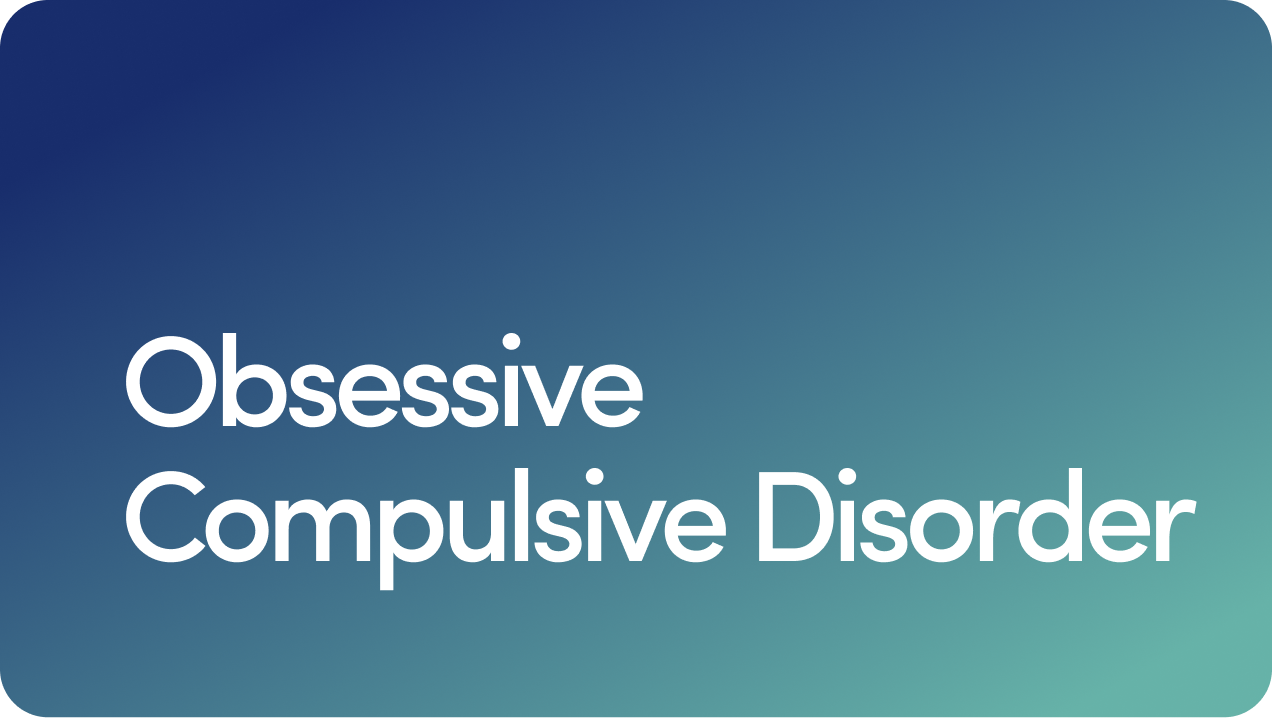 OCD
OCD
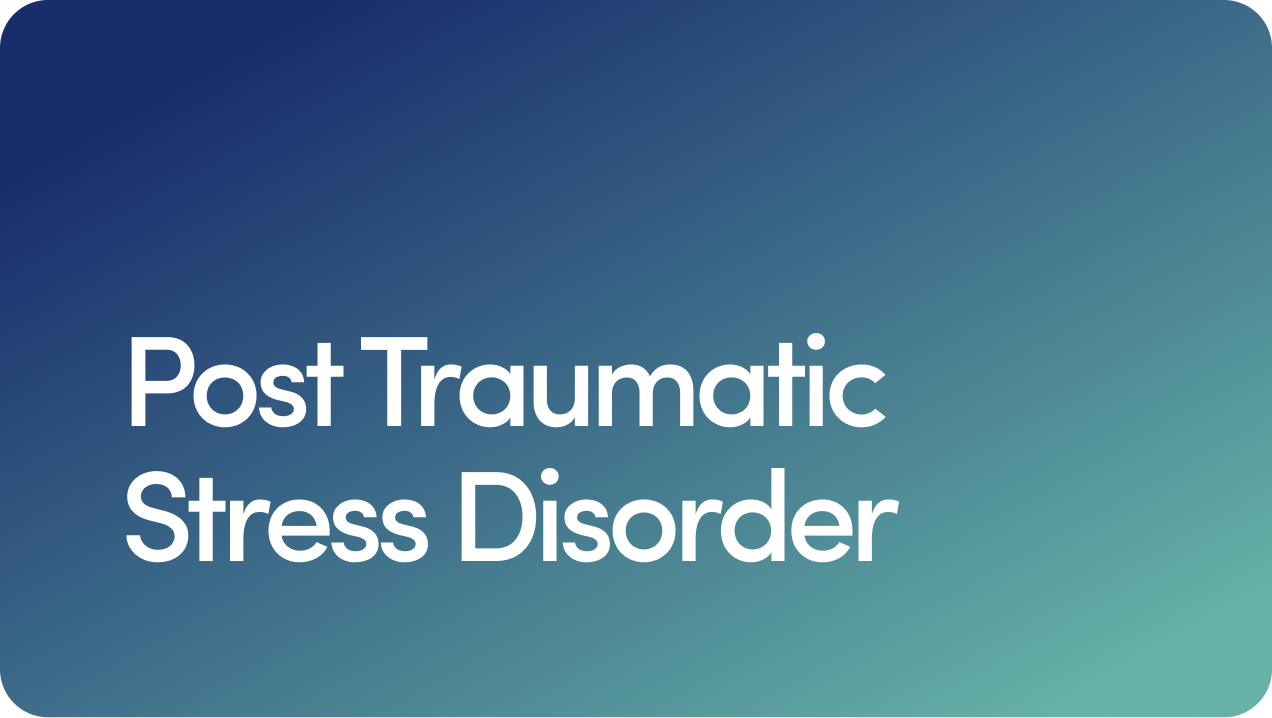 PTSD
PTSD
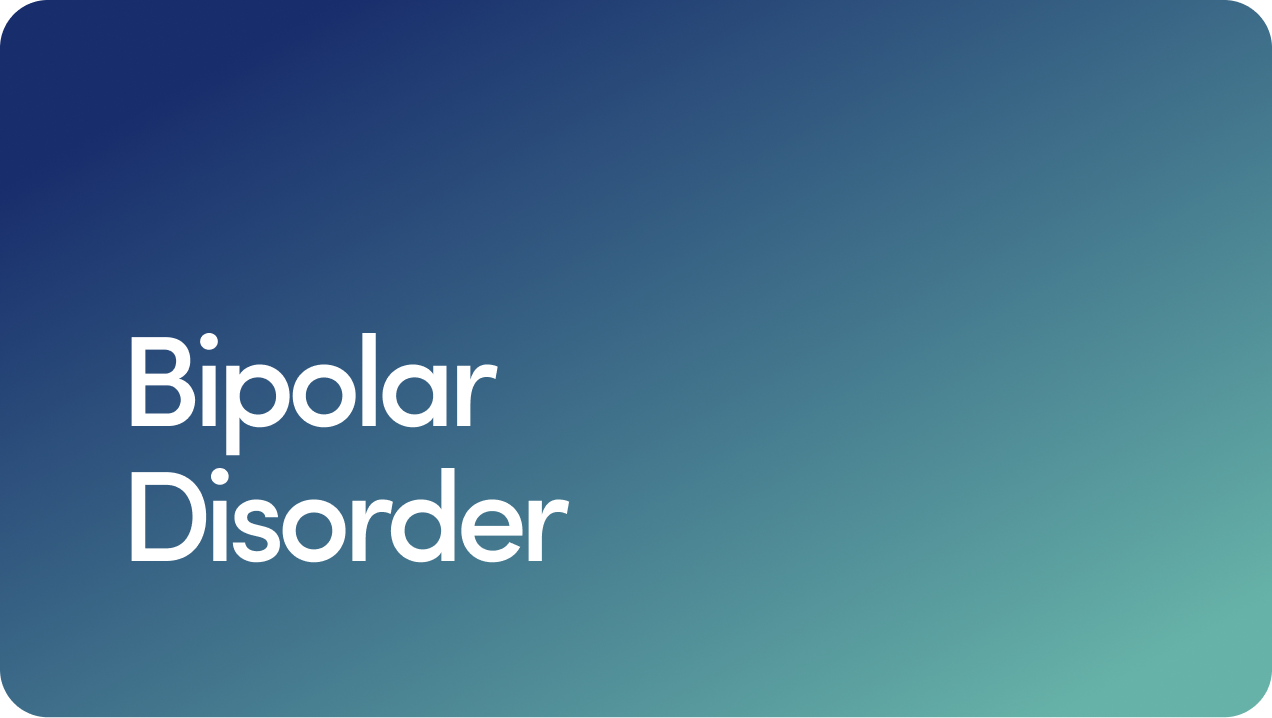 Bipolar Disorder
Bipolar Disorder
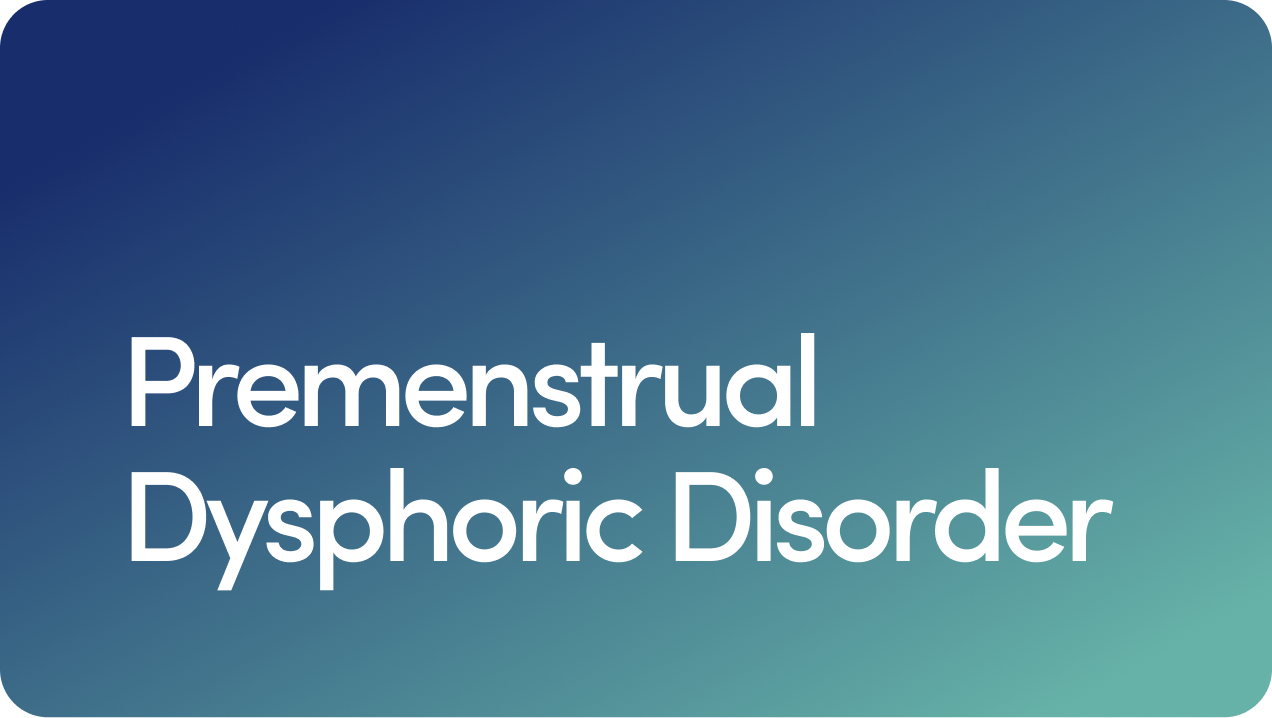 Premenstrual Dysphoric Disorder
Premenstrual Dysphoric Disorder